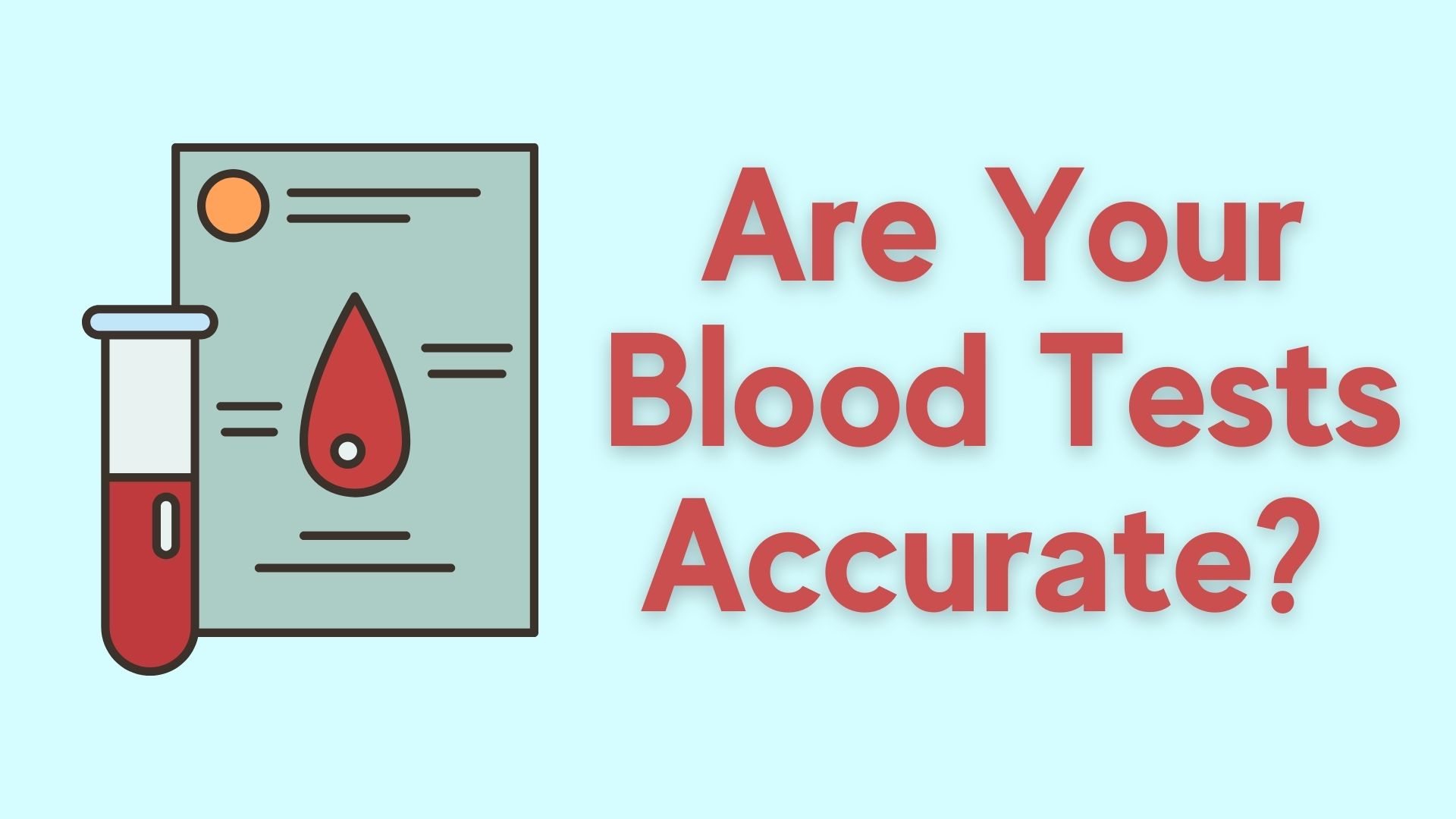Do you know that many prescription and over-the-counter drugs, and dietary supplements can cause clinically significant changes in your lab test results? An estimated 70% of medical decisions made in the United States are based on the results from clinical lab tests, so an incorrect test result can lead to inaccurate diagnoses and treatment errors that may seriously harm patients.
It is imperative that patients keep accurate records of all their medications, vitamins and supplements and share them with their health professionals.
It is important for clinicians to take a careful patient medical history, as well as to know which drugs can affect which tests. The three drug categories that most interfere with lab tests are also highly common ones: antibacterials, psychotropics, and contrast media.
Antibacterial agents like cephalosporins, amoxicillin and ampicillin can interfere with glucose test results. Levofloxacin, ofloxacin, and rifampin can result in incorrect urine drug screenings for opiates.
Psychotropic drugs, which include antidepressants, antipsychotics, and anti-dyskinesia agents, can cause problems in drug screens and in pregnancy tests.
Contrast media, substances used to highlight areas of the body in radiographic imaging, can interfere with accurate testing for calcium, zinc, creatinine, magnesium, selenium, iron and serum angiotensin-converting enzyme.
Two years ago, the FDA issued a warning that biotin, also known as vitamin B7, vitamin H and co-enzyme R., and found in B complex vitamins and dietary supplements commonly used for prenatal nutrition, hair loss, brittle nails, neuropathy, muscle cramps, and multiple sclerosis, can cause clinically significant incorrect results on lab tests.
The FDA was particularly concerned about tests used to diagnose heart attacks, and thyroid disease tests, particularly the Thyroid Stimulating Hormone (TSH).
Biotin can also interfere with tests for insulin, autoantibodies, vitamin B12, vitamin D, folate, prostate-specific antigen, carcinoembryonic antigen, thyroglobulin, ferritin, DHEA-S, IgM, and hepatitis A, B, and C antibodies.
Even a common over-the-counter preparation like acetaminophen may cause false readings on some continuous glucose monitors, and your asthma inhaler can subject you to incorrect readings on an alcohol breathalyzer test.
There are many other substances that can interfere with your blood work by causing incorrectly high or low readings. Similar to fasting before testing, most of the interferences can be prevented by correctly following your doctor’s recommendations for timing the scheduling of your medications, vitamins and supplements to get the best result from your lab work. Check with your physician before you interrupt your prescribed medication schedule, even if it is only for a day or two. These medications have been prescribed for you for a reason and interrupting the therapy without your doctor’s recommendation could have negative consequences.
The FDA recommends that you make a complete list of your vitamins and supplements as well as your prescription drugs, discuss their effect on any blood work with your doctor, and ask your doctor how to avoid substances interfering with your lab work.

